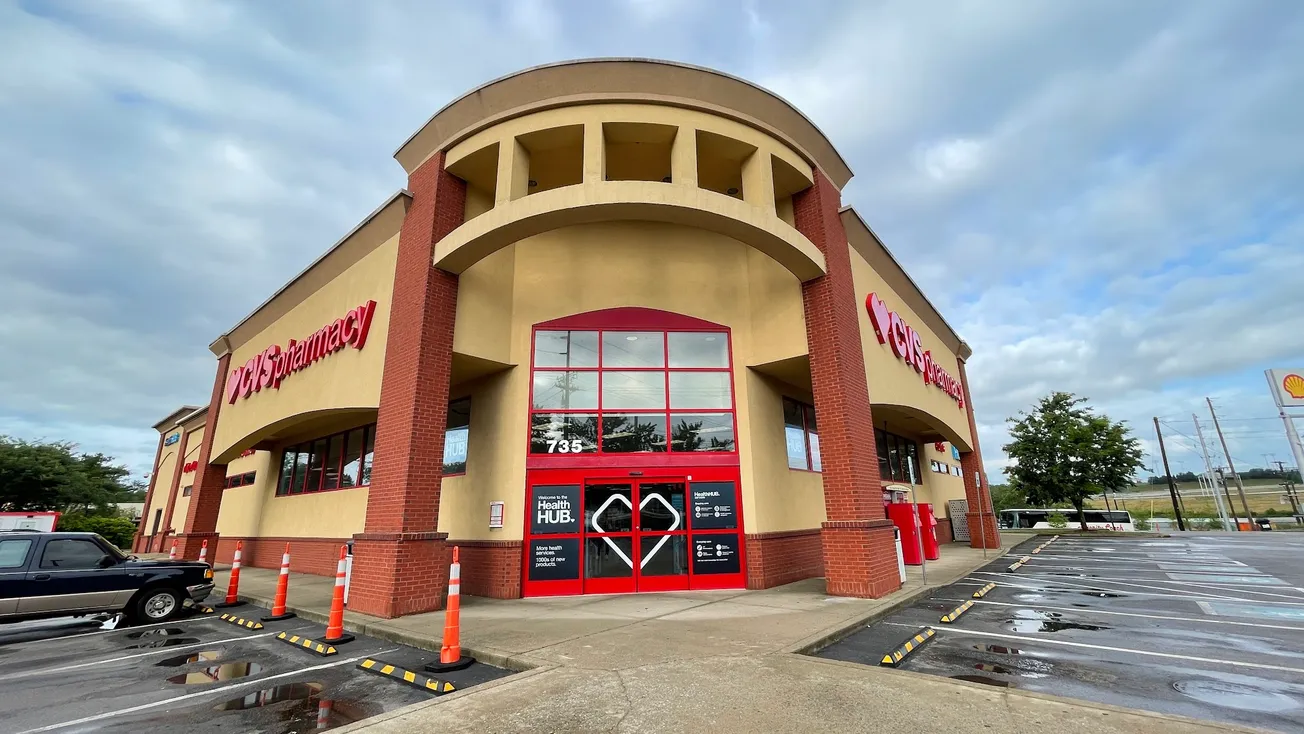
The International Federation of Pharmaceutical Wholesalers held its 2016 General Membership Meeting in London in mid-September. No one can blame you for not immediately recognizing IFPW.
Though it is a global organization with members representing countries around the world, it touches only peripherally on the retail pharmacy industry. Rather, its immediate concern is the intersection of pharmacy and wholesaling, and that, to narrow it further, concentrates on the future of health care delivery.
Which, of course, is the very reason that IFPW should be of paramount interest to the retail pharmacy community. It seeks, with great success, to foretell the future of pharmaceutical health care, not by examining the retail process of dispensing prescription drugs but by analyzing the factors that are changing that process.
Thus, this general membership meeting — held every other year — sought to study the changing nature, globally, of the way pharmaceutical products are distributed and the information influencing that distribution. It sought as well to reconcile the worlds of health care and technology.

And it further sought to foretell the future of drug wholesaling by distilling this information into bite-size pieces by simplifying the often tedious business of mastering new, sometimes cumbersome, information.
The 200-odd attendees of the session — from such nations as the U.S., the U.K., China, Japan, Korea and many of the countries in Europe and South America, and chaired by Ornella Barra, co-chief operating officer at Walgreens Boots Alliance — clearly benefitted from the two-day meeting, even if much of the information only raised new, seemingly more troublesome questions. What emerged, finally, was a sense that, globally, the science and art of prescription drug medication, and the technology surrounding it, are changing faster than ever, and that new data is often at odds with traditional ways of doing business.
In that context, in the exercise of raising awareness, the IFPW meeting was a huge success. As such, the organization deserves credit for opening minds to new interpretations of existing knowledge and introducing new ideas to traditional thinking.
IFPW’s next General Membership Meeting is scheduled for Washington, D.C., in two years. That is, frankly, too long a time period between meetings. However, in the interim, the organization will attempt to expand the dialogue — and perhaps the horizons introduced at this meeting — with a series of smaller sessions at various locations around the world.
One way in which the organization can speed the process of assimilation of ideas is with greater U.S. participation. Clearly, this is an association in which membership by the world’s leading pharmaceutical suppliers should be mandatory, impractical though that is. A second alternative would be to invite these supplier organizations, along with the major drug wholesalers worldwide, to sample IFPW, in one form or another.
Clearly, if the world of 2016 is bulging with ideas, it remains woefully lacking in ways to convert those ideas to action. This is particularly true in retail health care, a world that remains bogged down by its ideas. IFPW is one way out of this morass — and the time may well have come to take greater advantage of the opportunities it offers.







